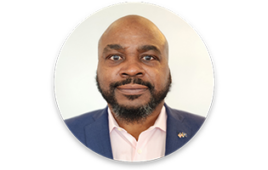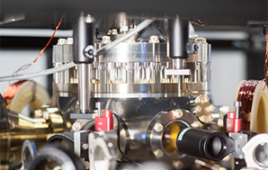
Leading quantum technology experts from around the world have explored their respective regional and national goals for the future of the field, in a new focus issue of Quantum Science and Technology (QST).
The first five articles in the collection, covering Australia, Japan, the United States, Canada and the European Union, are published today. They are written by the leading researchers involved in each country or region’s initiative.
QST’s editor-in-chief, Dr. Robert Thew from the University of Geneva, said: “This collection brings together insights from leaders in the field across the globe, including Europe, Canada, Japan, Australia and the US, providing an unprecedented view of the quantum technology landscape around the world.
“During the last couple of decades, the interest, and along with it the financial investment, in quantum technology research has been steadily ramping up. There are a wide range of potential application areas: quantum computing and simulations; quantum communication, and sensing and metrology.
“Nonetheless, this has remained a primarily academic pursuit until the last few years. We have now started to see a shift towards development of products and applications, which is garnering increasing interest from industry. Companies and governments are starting to realise the scale of the impact these technologies may have for modern society.
“The aim of this collection is to provide insight into this global pursuit for quantum technology research breakthroughs and dominance. It also provides a fascinating perspective into how each of these regions have evolved, the decisions behind launching their respective initiatives, and their aspirations for future research and development.”
Written in an accessible style, the articles focus on the country or region’s history of supporting research in quantum technology; why now is the right time to heavily fund this area; and the future outlook on the field and the benefit to their various regions as a consequence of this investment.
The researchers who contributed articles are:
- Tara Roberson and Andrew White (Australia)
- Ben Sussman, Paul Corkum, Alexandre Blais, David Cory, and Andrea Damascelli (Canada)
- Tommaso Calarco, Jürgen Mlynek, Matyas Kovacs, Max Riedel, and Peter Zoller (European Union)
- Yoshihisa Yamamoto, Masahide Sasaki, and Hiroki Takesue (Japan)
- Michael G. Raymer and Christopher Monroe (United States)
Further perspectives from the U.K. and China will appear in 2019.



